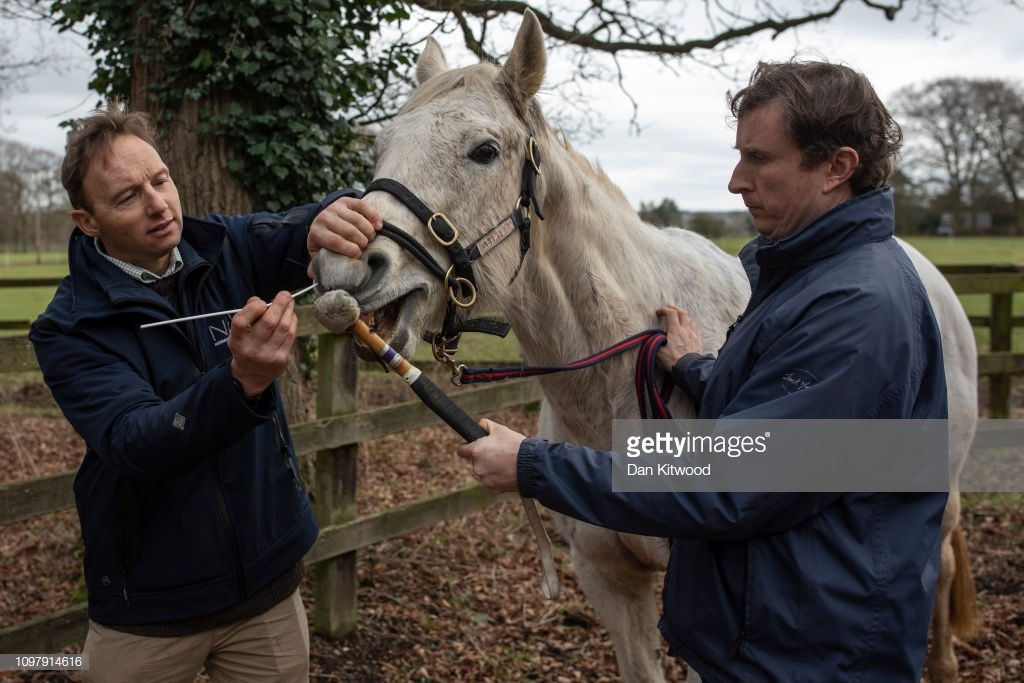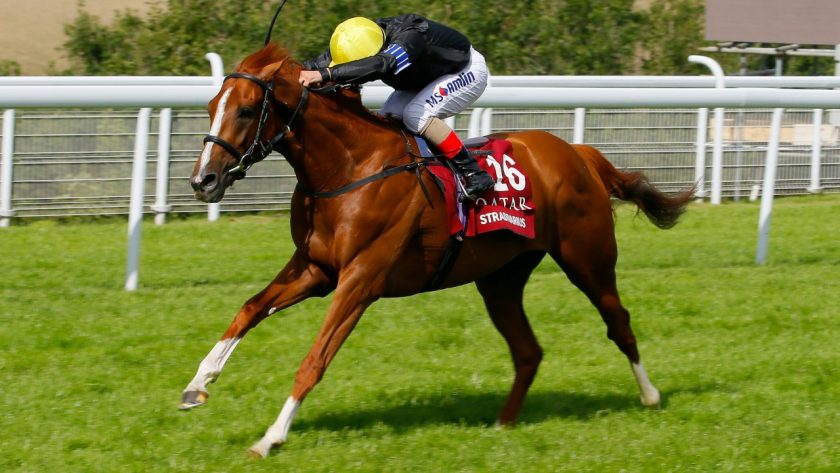It was Thursday, February 7th, when the Equine Flu was found in U.K. which stopped the motors of horse racing industry for a week. The outbreak of Equine Flu resulted in all the races being canceled until further notice. The British Horseracing Authority (BHA) released a statement there will be no races until Wednesday at the earliest to give them the time needed for tests and preventive measures which would establish safe conditions for horses.

I am well aware this is not a medical article nor is it a veterinary article, however, let’s briefly look at what Equine Flue even is. I won’t go on and use some fancy medical words and explanations, which to be fair I don’t even understand, so let’s keep it simple. Equine Flu or horse flu is caused by 2 viruses, one can be found in North and South America (Clade 1), while the Clade 2 is found in Europe. The flu itself is known to have an extremely high rate of transmission among horses and has a short incubation time (1-3 days). The signs are fever, nasal discharge, cough, loss of appetite and weakness. I believe this is all that is needed to be said about the flu itself, at least for this article. In short, it makes horses incapable of racing and it can infect other horses really quickly.
What makes this incident that much confusing and at the same time interesting is that all the horses were vaccinated against the flu. So how could they catch it? There is the catch. The U.K. horses have been vaccinated for the Clade 2 virus, but not for Clade 1, which was the virus that caused the outbreak. How it got there is yet unknown, but it does explain how the horses got infected despite the preventive measurements. Some speculate it could be brought in from horses who competed in the U.S. which is the most likely explanation, however, there is no official answer to this question. As of now the horse owners from all around the country are still being urged to vaccinate their horses and isolate them to prevent any further transmission of the disease.
While it may not seem like a “big deal”, it’s not that irrelevant in the greater scheme of things. Just recently new cases of infected horses have been found. the Animal Health Trust has reported five new cases of infected horses in Hertfordshire, two in Buckinghamshire and two in Worcestershire. Some of the infected horses have even been in contact with other horses, so the potential number of infections is high. With that, a lot of competitions and events have been canceled, while other venues still decided to run some races under strict inspections of horses.
Thankfully due to the quick action and the correct approach, the outburst seems to be under control as of now. Dr Richard Newton, of the Animal Health Trust, stated: “We know we are not out of the woods yet but we have a much better handle on the extent of the problem“. While it’s unlikely another outburst will happen in near future due to strict rules for owners to vaccinate their horses among other preventive measurements.
While we are on the topic of horse flu and canceled events, you might yourself how much money did the “shutdown ” cost the racing industry. As reported by Racing Post, it should be somewhere around £5 million. That includes the lost income, money spent on the rescheduled races as well as money spent on founding the Equine Infectious Diseases Service Fund. Then there are all the jockeys who did not get paid because they couldn’t race. And finally, the racecourses, which got hit by the shutdown the most. With all the races canceled, the racetracks lost money from media rights, streaming, betting, international sales, attendances, etc.
I guess we can say, while the Horse flu does not kill horses, it does kill the horse racing events.
So, what does that mean for the upcoming events? Well, one thing is for sure, the racing hibernation is over, which is great news. On the other side, this outbreak will leave some consequences. The vaccination requirement has been lowered from 1 year to 6 months. In addition, all the races will carefully examine horses who want to race if they had a vaccine shot and when. What restrictions will be set on stables which are considered a higher risk to once again catch the flue is yet unknown, but we can expect some preventive measurements just so we can avoid another outburst like the one which kept the horse racing world motionless.


